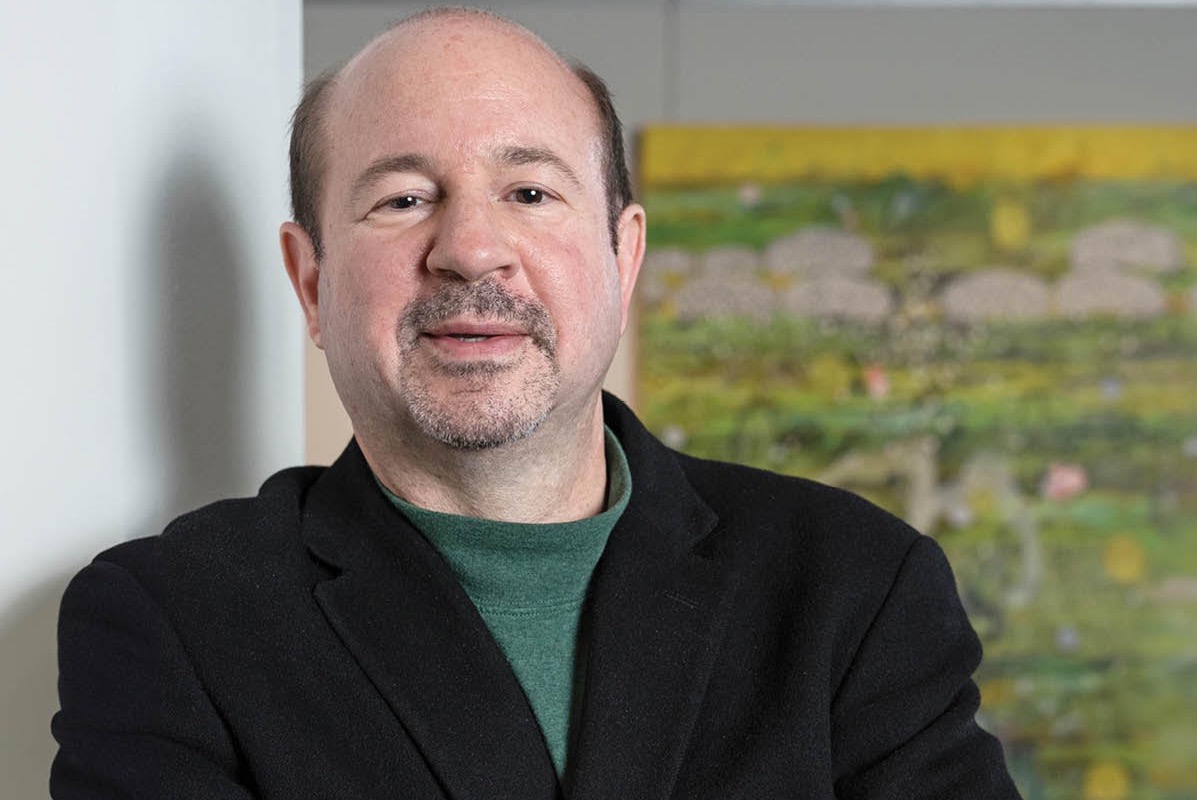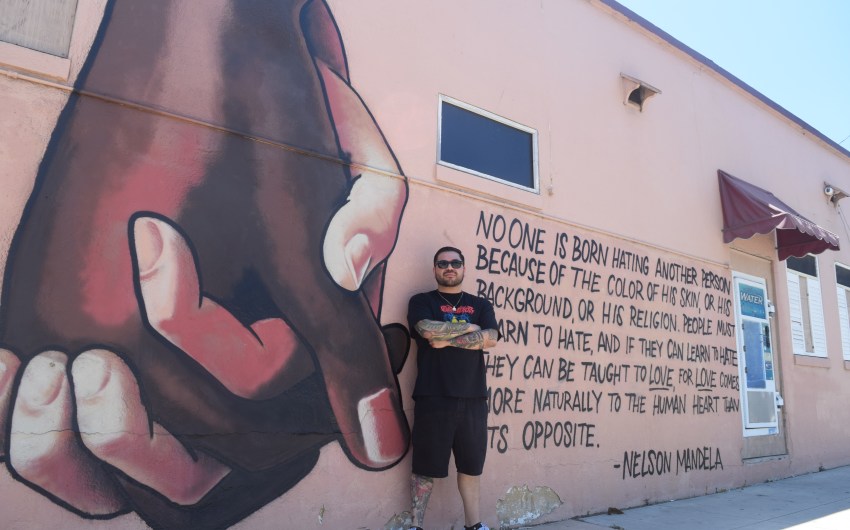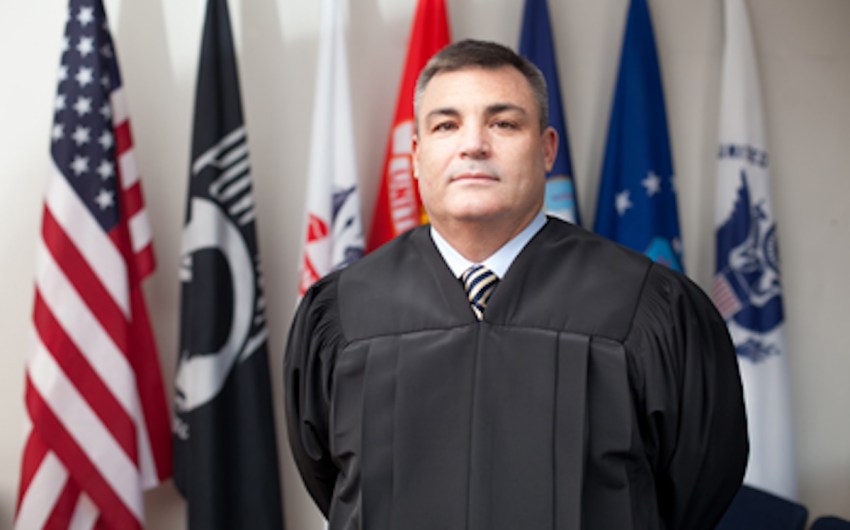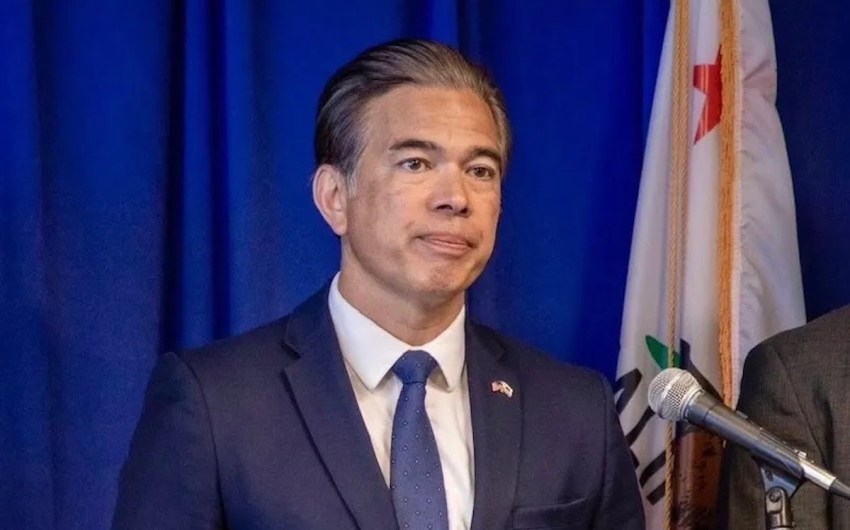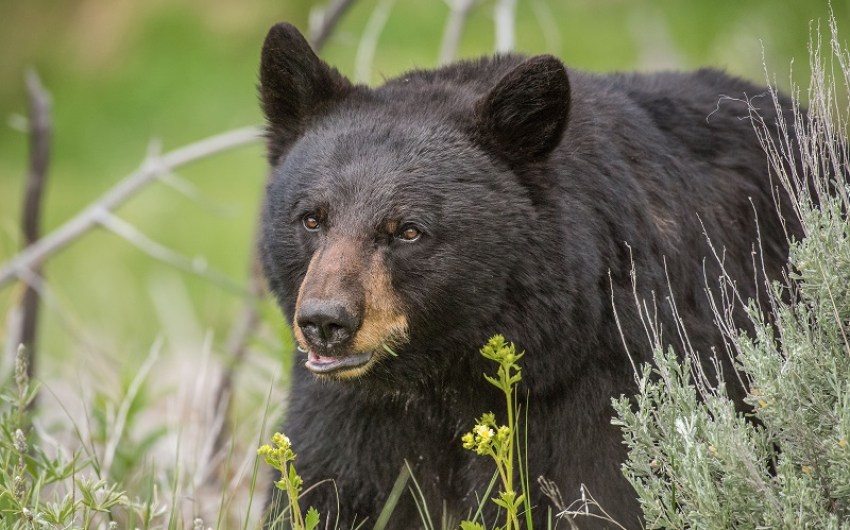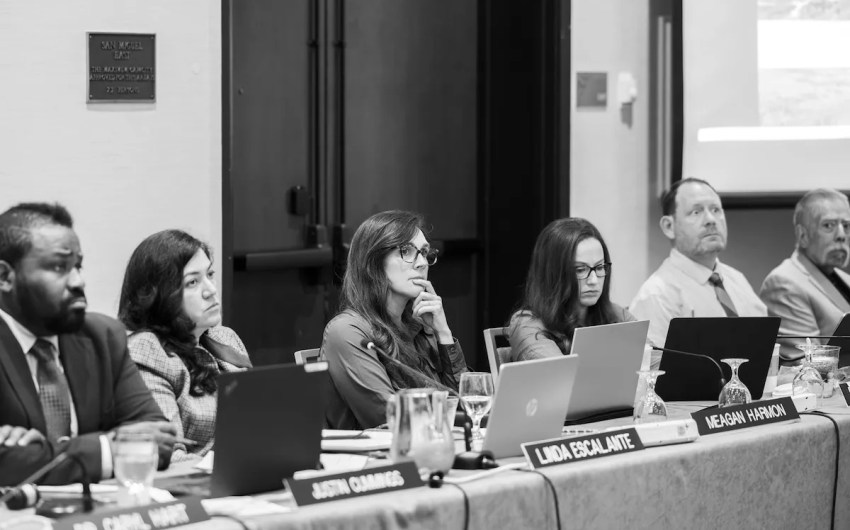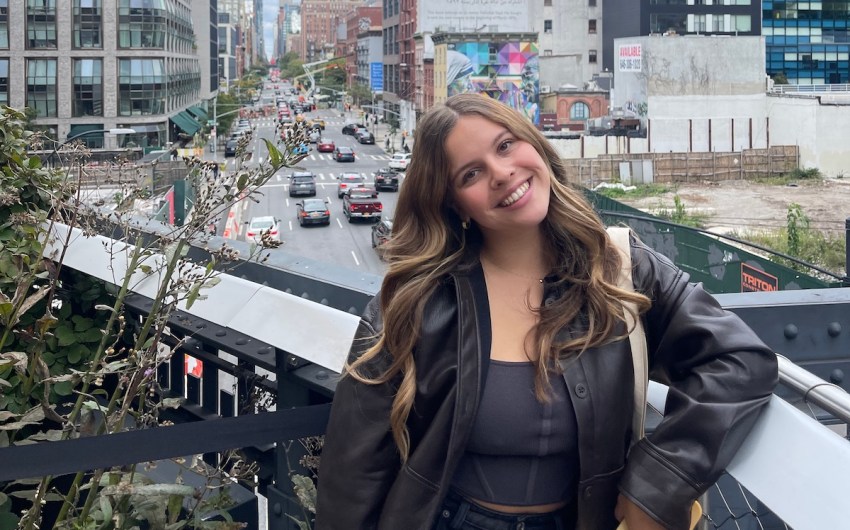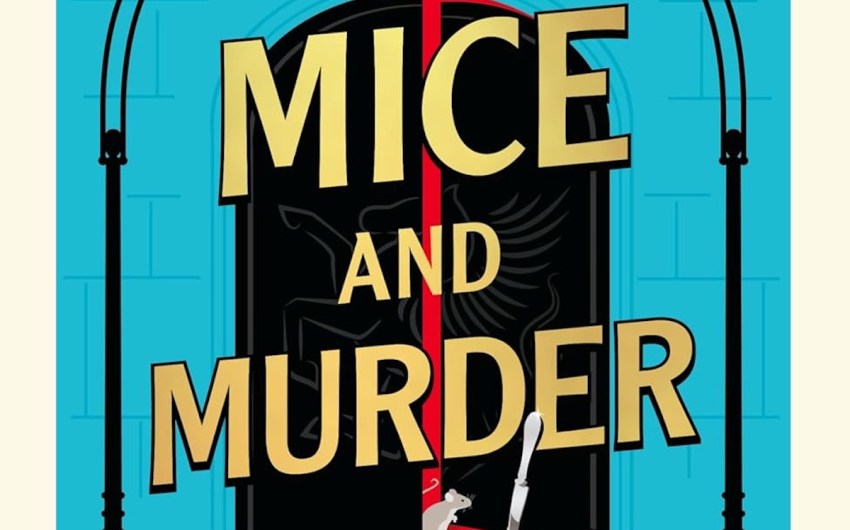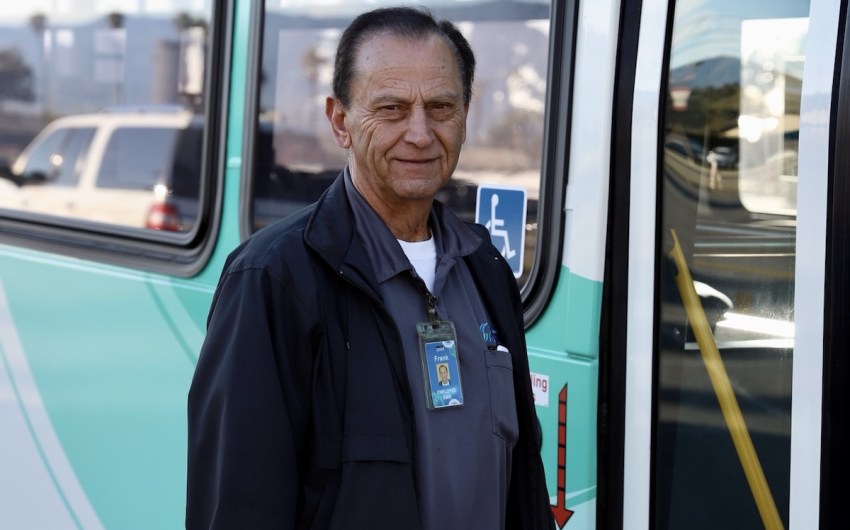Michael E. Mann has spent the last 25 years on the front lines of climate science and policy, and he has the battle scars to prove it. He entered the arena in 1999 with the publication of his instantly controversial “hockey stick graph” that depicted Earth’s spiking temperatures, and just last week, he won a $1 million defamation case against two far-right bloggers who challenged his research by comparing him to a convicted child molester.
Mann’s latest book, Our Fragile Moment: How Lessons from Earth’s Past Can Help Us Survive the Climate Crisis, focuses not on politics or culture wars but on how Earth’s long climate history gives context to the very real problems we face today. He combines urgency with agency, asking readers to appreciate what’s truly happening to our planet while pushing them to act before it truly is too late.
I spoke to Mann by phone this week ahead of his February 23 talk hosted by UCSB Arts & Lectures. This is an edited version of our conversation.
First, let me just say that as a new dad with anxiety about the climate crisis, I really appreciated the message of your book — that yes, we have big problems, but they’re not unsolvable and we’re not all screwed. That was my takeaway, anyway. Who else is this book meant for?
The message you got was the message that I’m trying to send with the book. It’s aimed at the broadest possible audience. There’s some stuff in there for the nerds who really want to dig into the nitty-gritty. But my hope is that a general reader who isn’t steeped in climate science can still get a fair amount out of it and come away with, again, the message that we’re not doomed.
The impacts of climate change have become clear to the person on the street ― certainly, Californians have been subjected to wildfires, floods, debris flows ― so polluters can no longer deny it’s happening. So, they turn to other tactics in their effort to delay action. All these words that start with “D”: deflection, division, distraction, doom-mongering.
The irony is that there are bad actors out there fanning the flames of doom because they realize it’s a potential path toward disengagement. If we think it’s too late to do anything, then we may not push for the needed changes. My last book came at that from a policy standpoint and from the prevailing public sentiment. This book, I end up addressing the same matter but from a completely different direction, digging into the science, digging into Earth’s history.
Your lecture helps kick off UCSB’s Campus Decarbonization Study Project as part of a fossil-free initiative across all UC campuses. Could efforts like these at the college-system level really help move the needle, or is that just wishful thinking?
Yeah, it’s such a great question. I’m a UC grad. I went to UC Berkeley during the mid-1980s, and about two years into my tenure there, we saw the emergence of the anti-apartheid South African divestment movement. There were massive protests, which eventually forced the reticent UC Regents to divest of all holdings in the South African government. It began a nationwide divestment movement. And within a couple years that regime had collapsed, and apartheid had come to an end. Now, I’m not going to say UC students caused the collapse of the apartheid regime. But I’m also not going to say that they didn’t play an important role.
You talk a lot about “agency” in your book and how we still have the power as voters to shape our collective future. But sometimes as a resident of a community that’s already environmentally focused like Santa Barbara, it can be hard to recognize the impact of your vote. How can folks who feel that way reclaim their agency?
Sometimes Californians at large feel that way, right? Because California actually has less relative impact per voter than most of the rest of the country because of the anti-democratic nature of the electoral college. If you’re in the choir, what’s the role of the choir? But the choir also needs to be shown how to sing. Everybody can have a much broader impact. We all have friends and family and elsewhere. We all have a voice in this global information economy.
So voting is a minimal thing that you can do. It’s one way to express your voice, but there’s so many other ways to do it, especially among young people. UC is doing that today. It’s making a huge statement. We are being the change we wish to see in the world, and it influences the entire conversation. In today’s world, we have to think about our impact as being much more broad than just the direct impact of our votes.
We all play complementary roles, and there are a variety of niches we can all fill. I play a role as a scientist, and you, as a journalist, play a role in communicating the science and its implications to the public. People ask, “What can I do?” What you can do is find your voice, find what your passion is ― that is your proclivity. Find the unique thing about yourself that allows you to contribute to the solution. Because while there is certainly urgency, there is still agency.
Michael E. Mann will be at UCSB’s Campbell Hall on Friday, February 23, at 7:30 p.m. Admission is free, but reservations are required. See artsandlectures.ucsb.edu for details.

